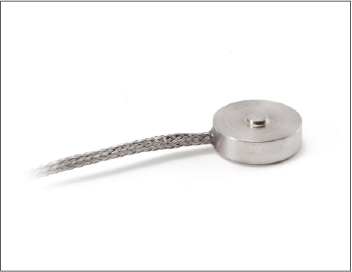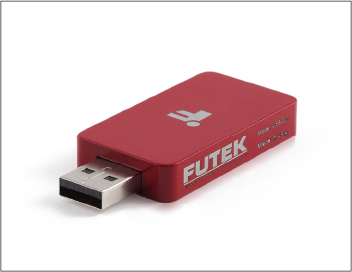In recent years, there have been major advancements in prosthetics. Scientists have been able to use neural interfaces to listen into the body’s signals and translate complex human motor control into machine movement, allowing amputees to regain their sense of touch and fine motor control through robotic hands.
Miniature force sensors are crucial components of this technology. The sensors are placed at the device’s grip points, measuring and monitoring the variety of operating conditions the patient requires from their prosthetic.
In order to be fit for use in a robotic prosthetic, a force sensor has to meet the following requirements:
- Small footprint to fit within the 20mm diameter of the average human fingertip.
- Wide range and high resolution to cover at the average human fingertip momentary hold strength of 13 pounds.
- High repeatability to ensure that the prosthetics’ movements don't lose precision.
- A wide operating temperature range so that different kinds of environments (from the -45°C cold of the Antarctic to the 55°C heat of Death Valley) do not inhibit function.
FUTEK’s miniature button force sensors (LLB130) meet and exceed the requirements for sensors in robotic prosthetics. The sensors are 9.5mm in diameter and 3.3mm thick. They come in a variety of capacities including 10 lb. and 25 lb. models that are perfect for measuring the kinds of force used by human fingers. All feature a non-repeatability of 0.1%, an operating temperature range of –51°C to 93°C, and 17-4 PH stainless steel housing to sustain a wide range of environmental conditions.
Finally, given the varying labs and test environments that robotic prosthetics are tested in, flexibility and ease of interface to lab computers is essential. Here, FUTEK’s miniature button force sensors interface with not only PLCs, but also FUTEK’s USB 24-bit interface kits paired with their SENSIT™ Test and Measurement Software for live logging and graphing on a PC.
Drawing Number: AP1068


